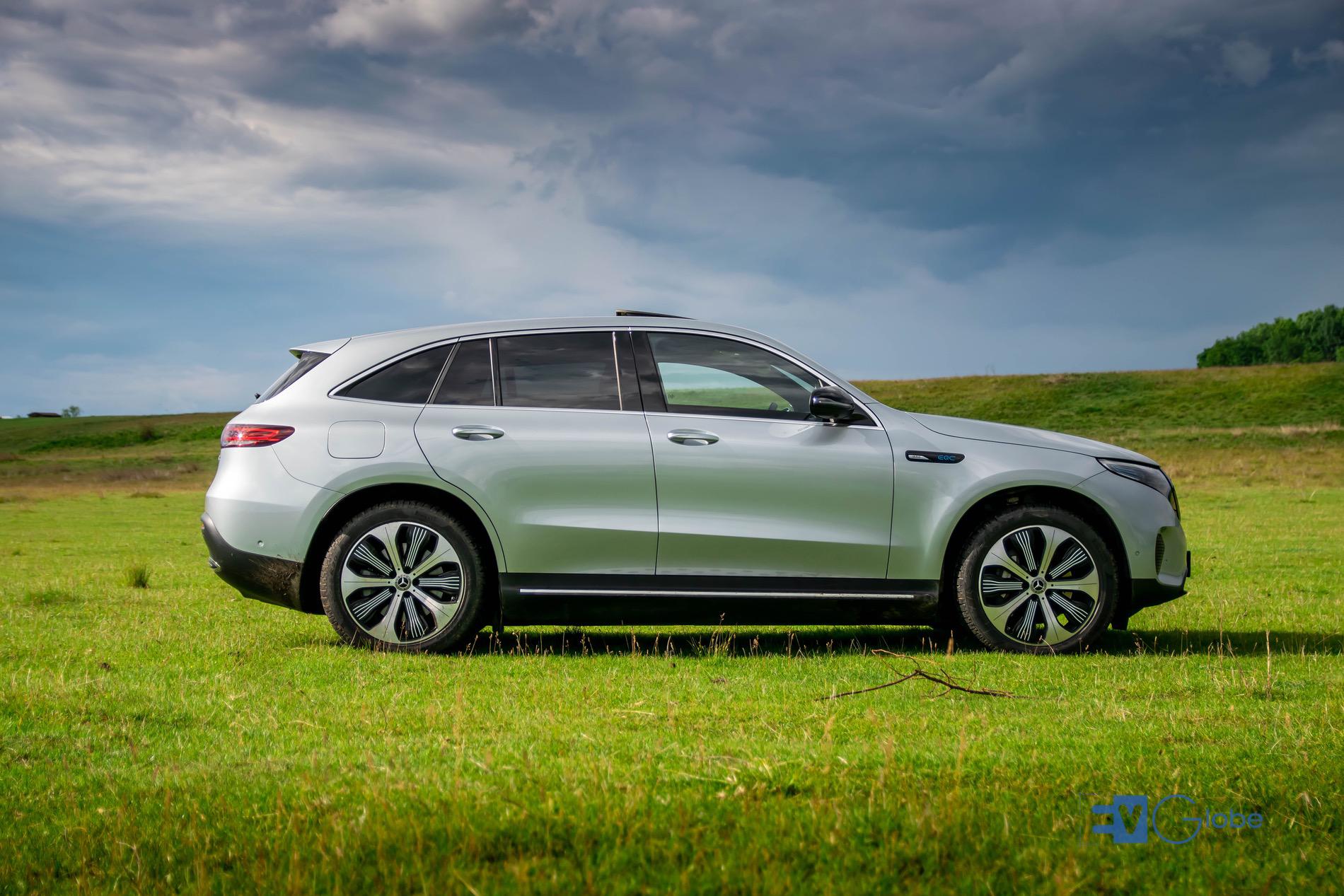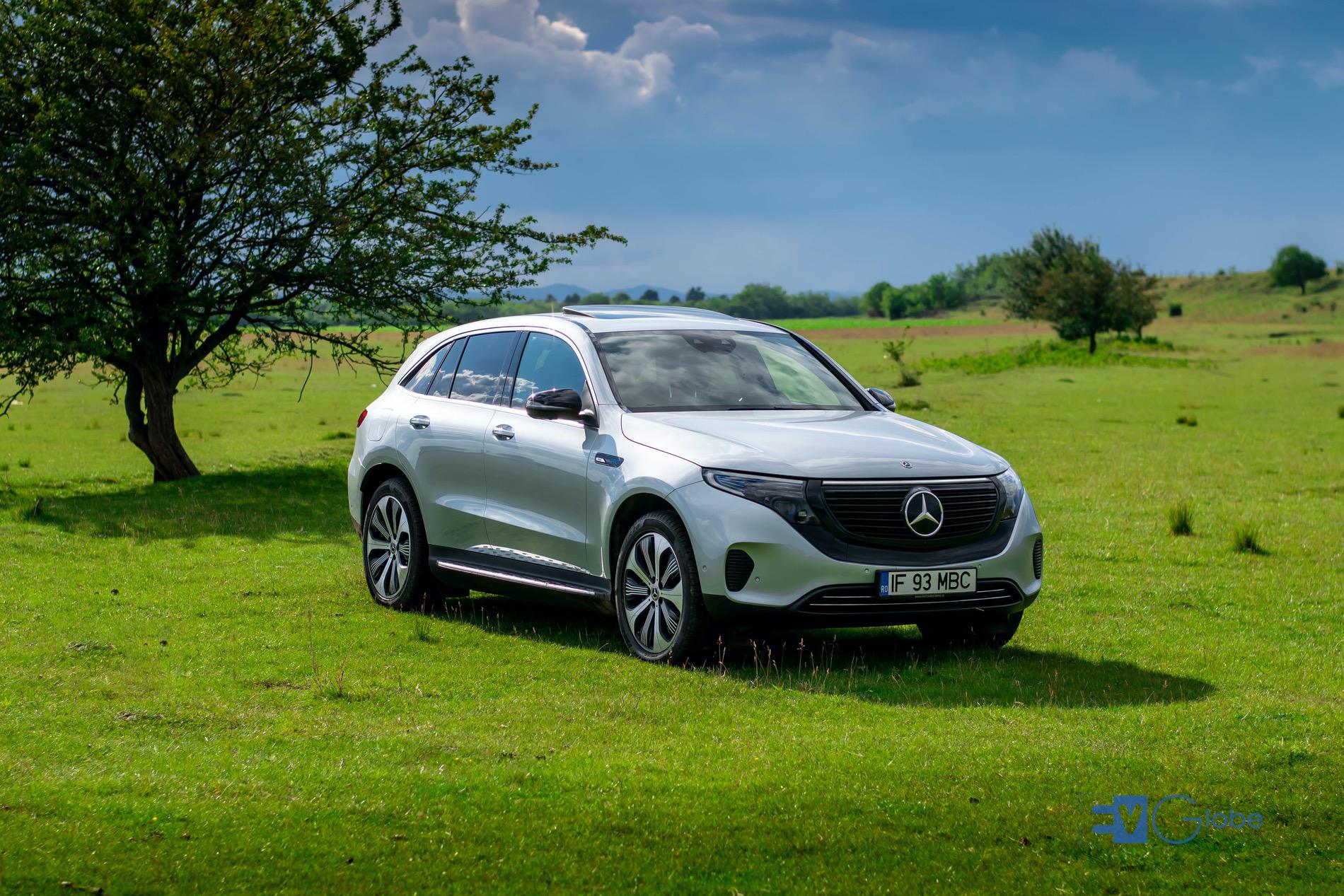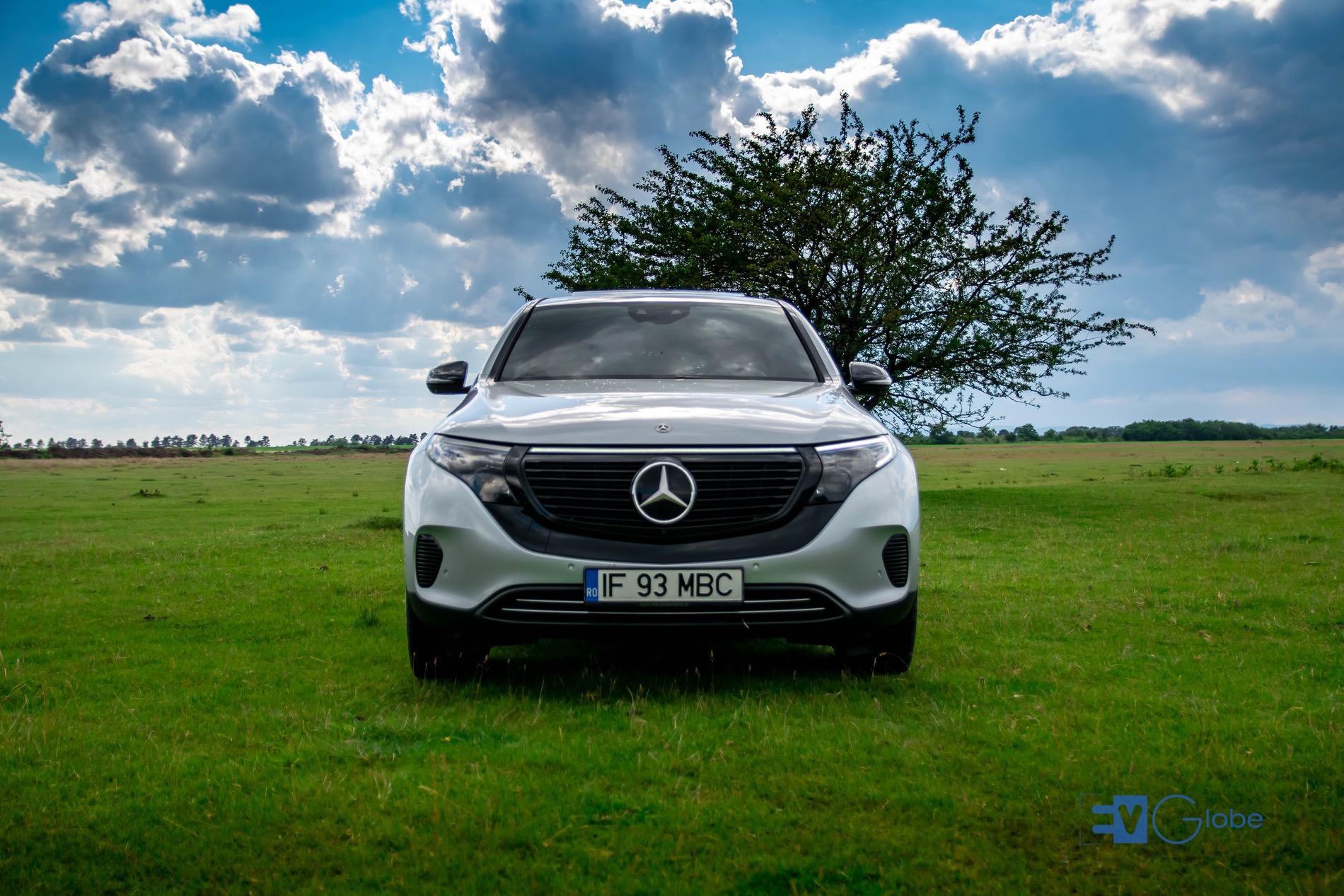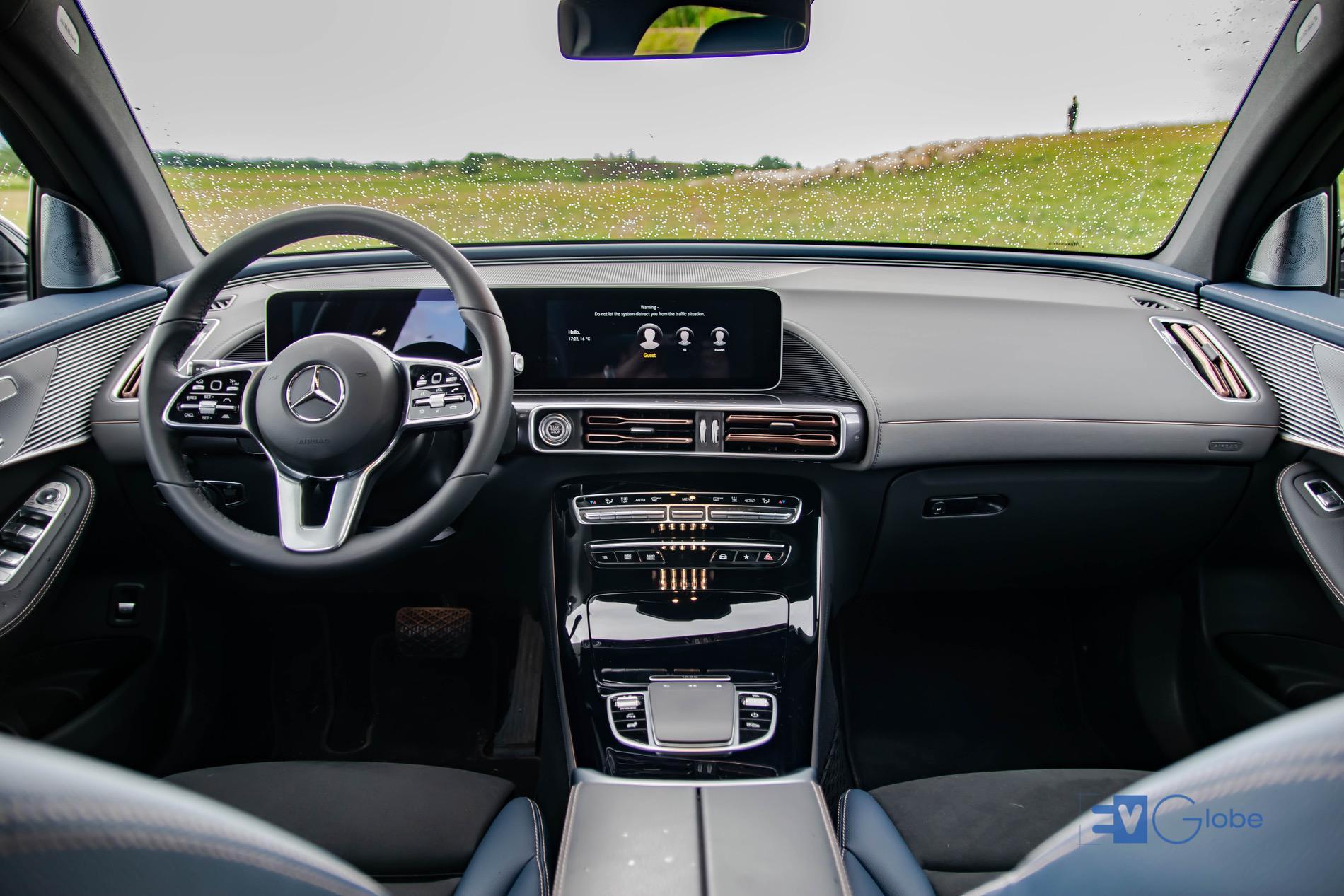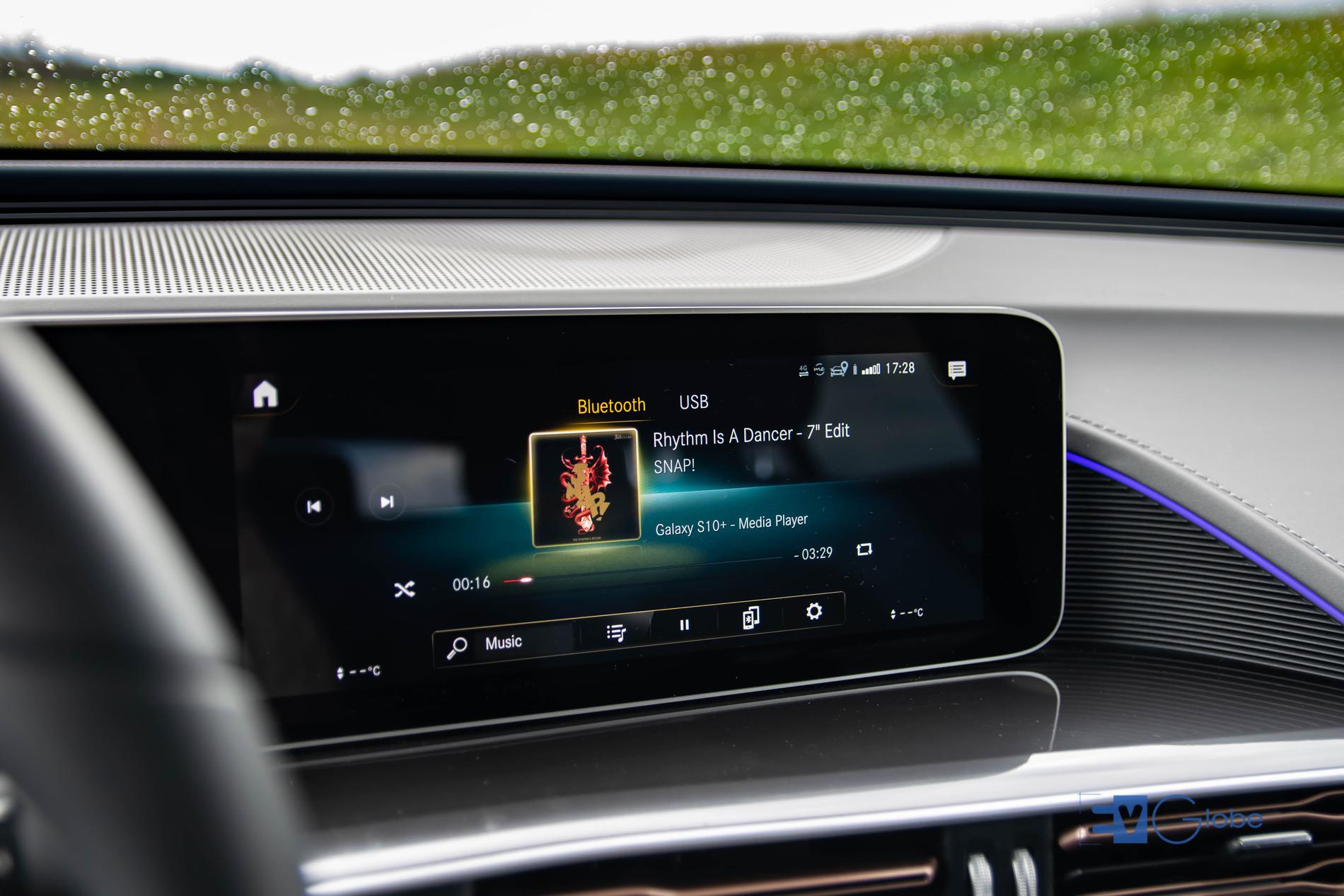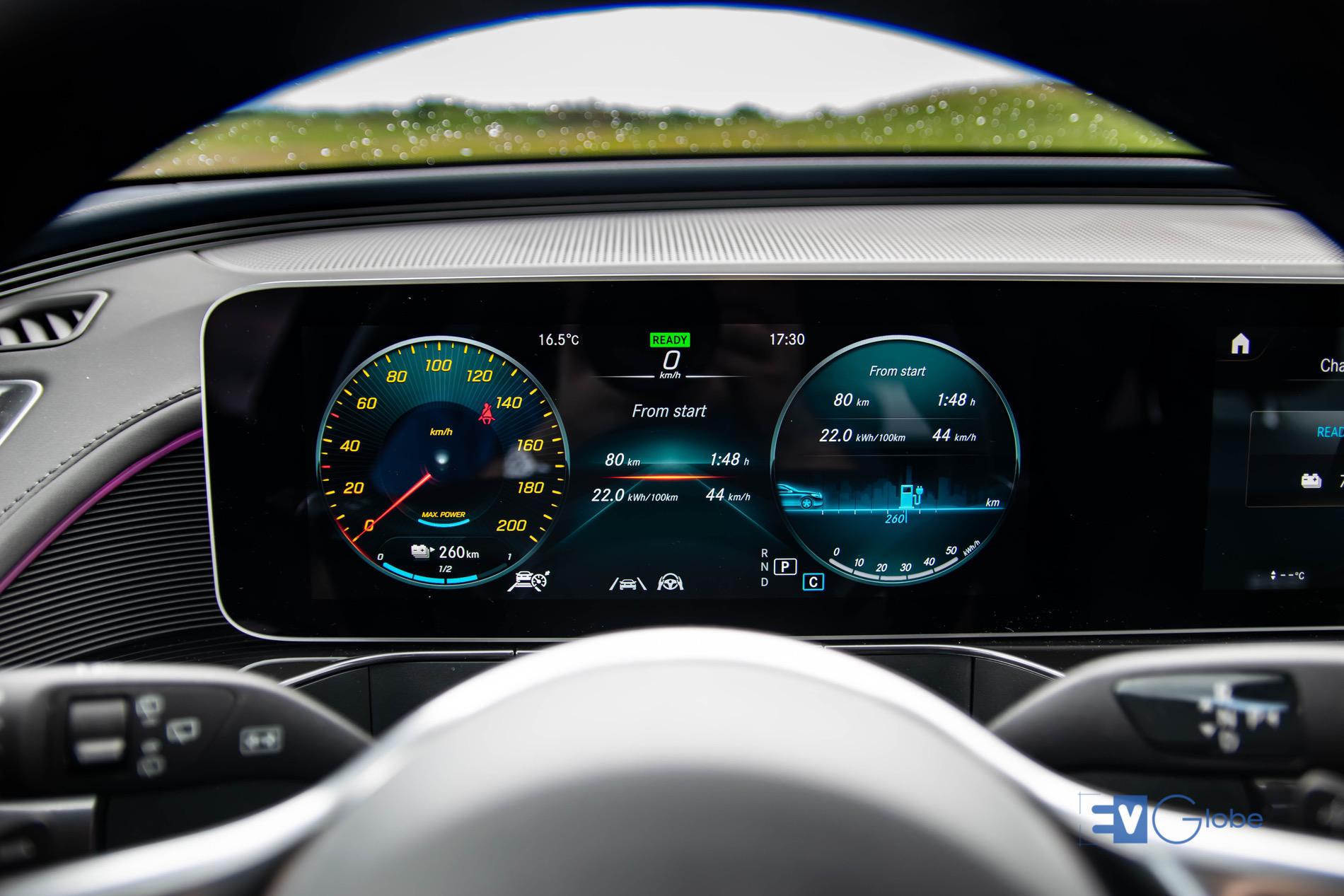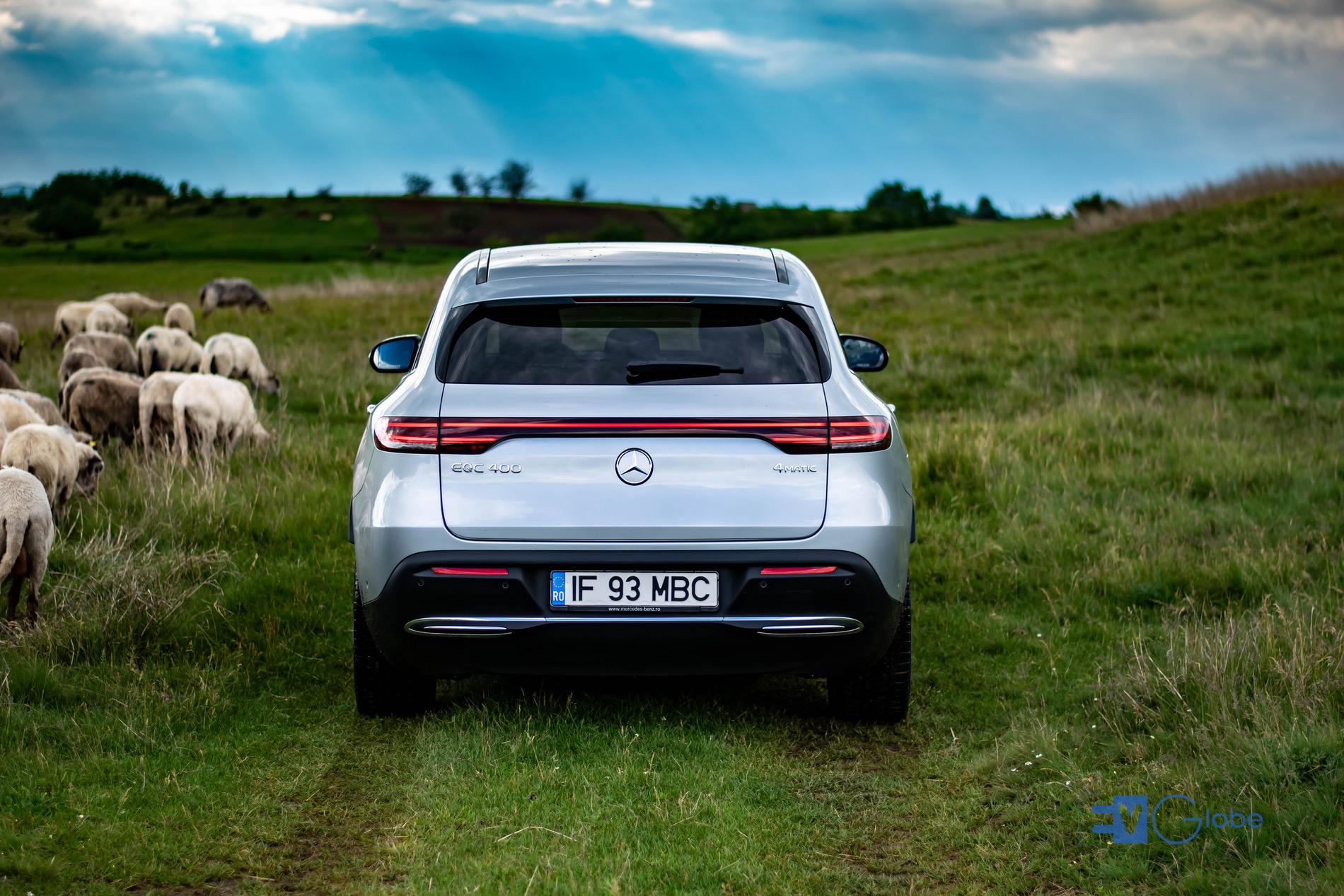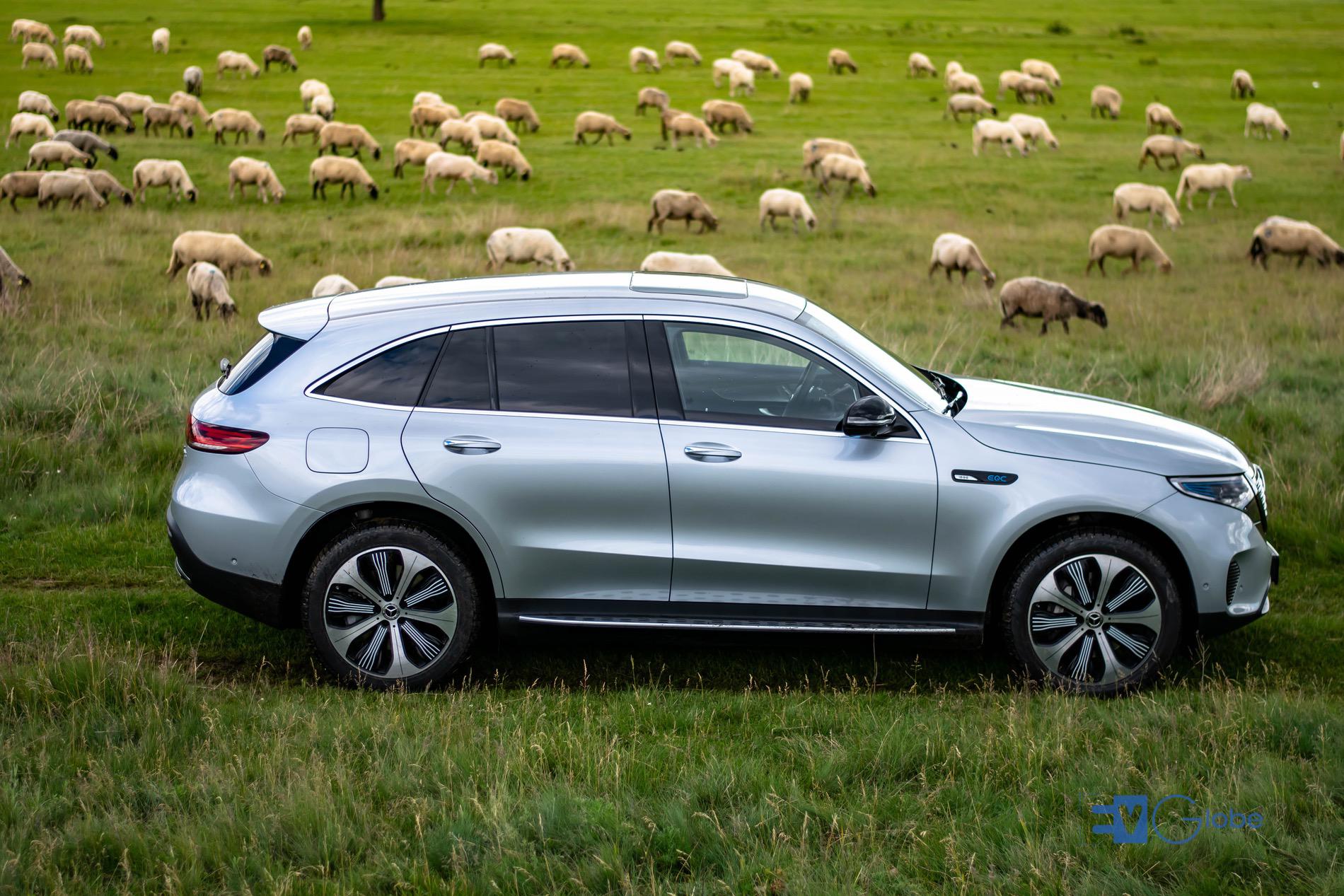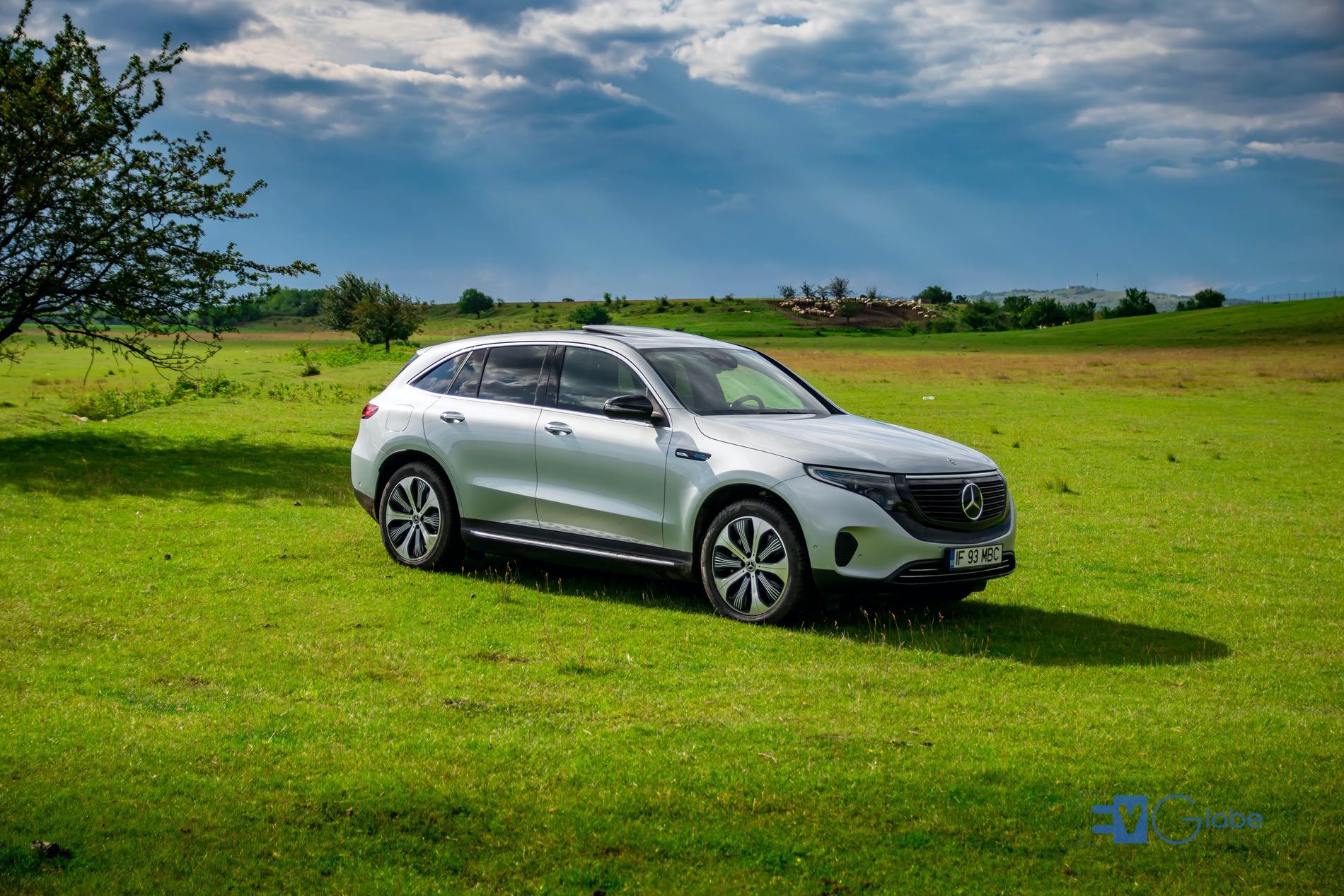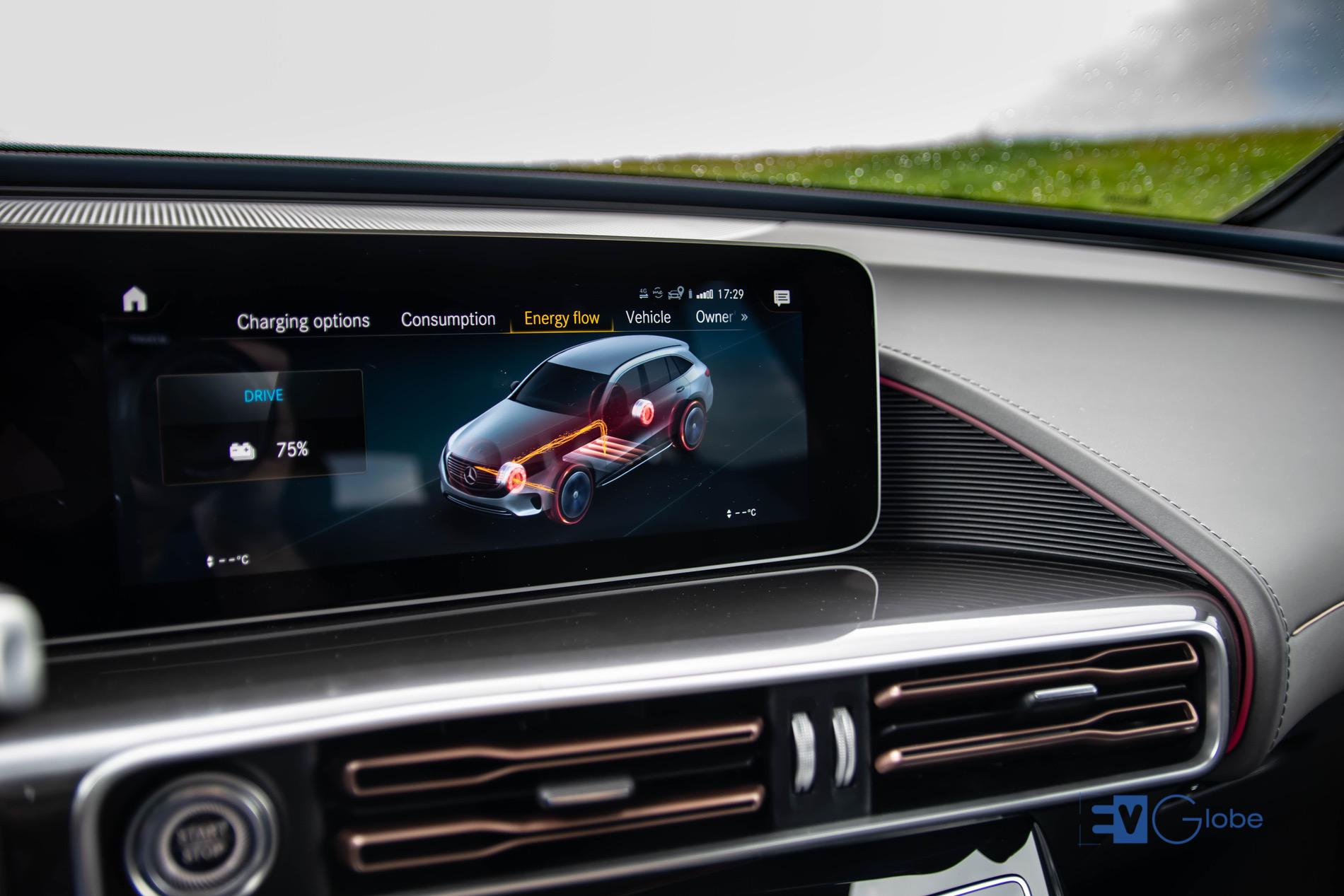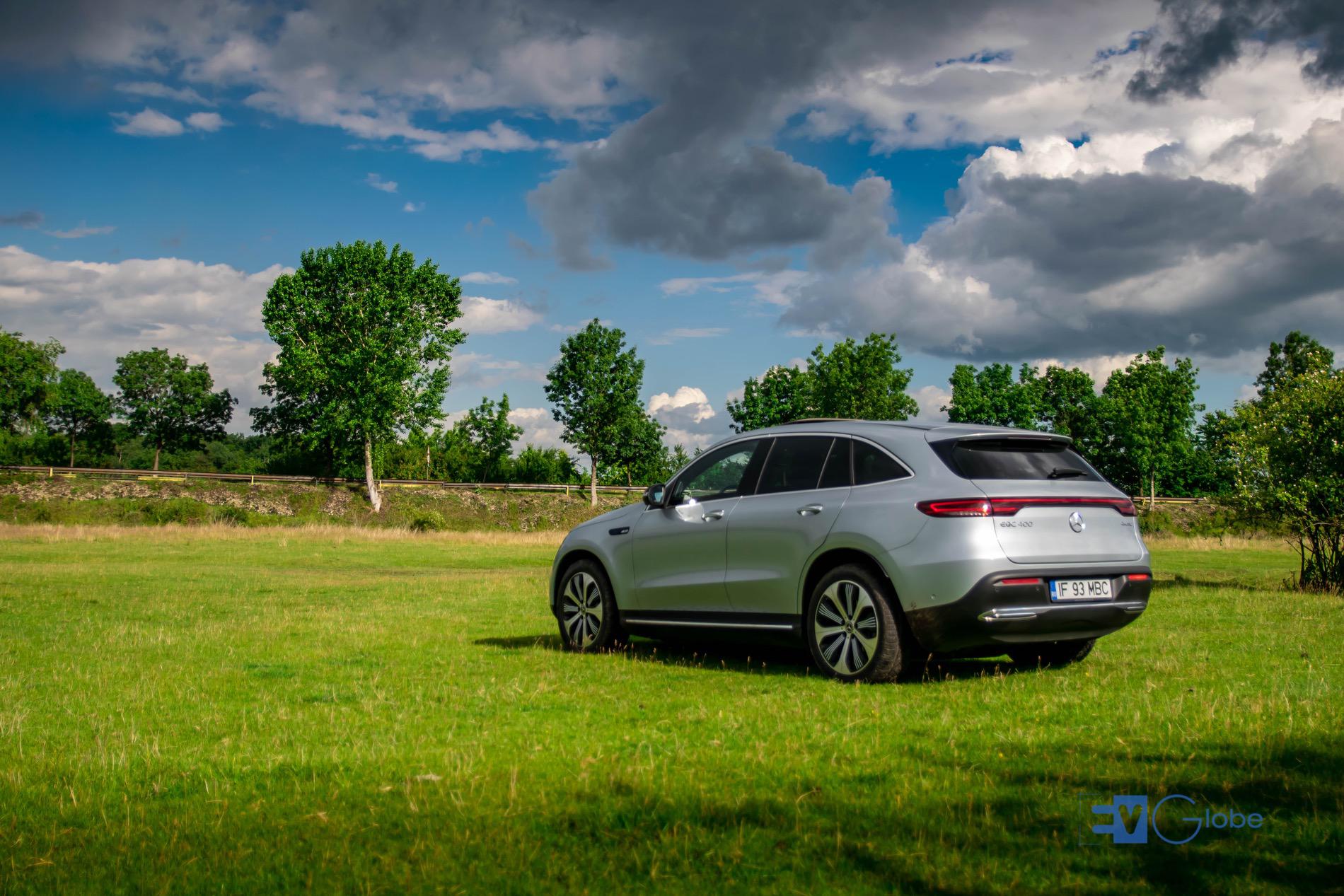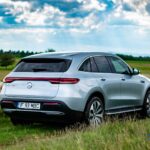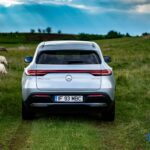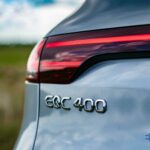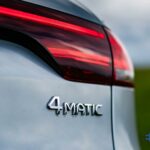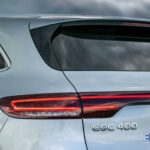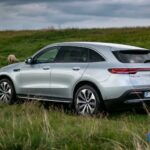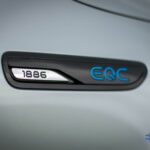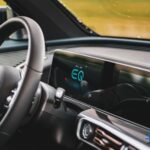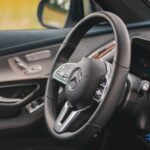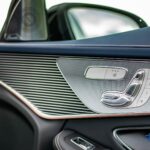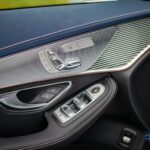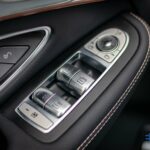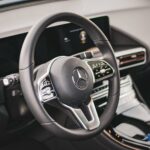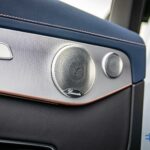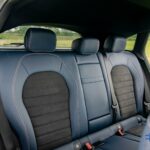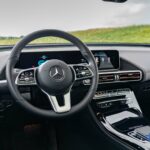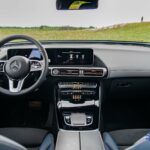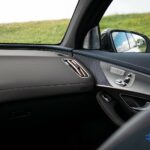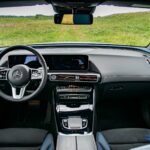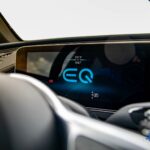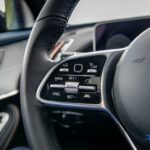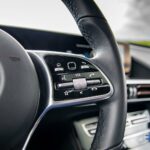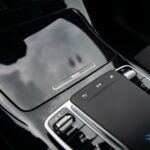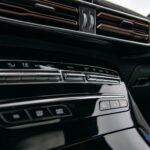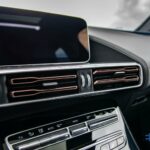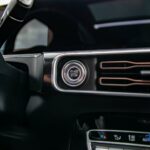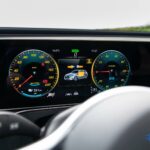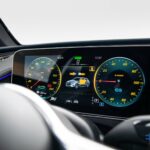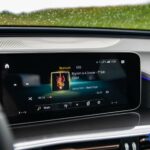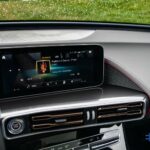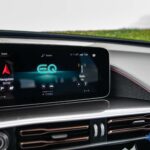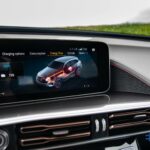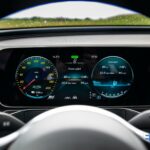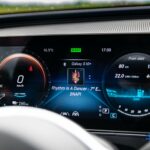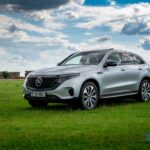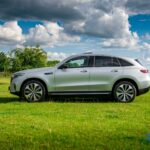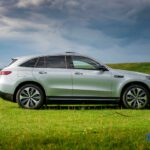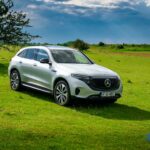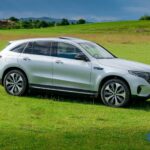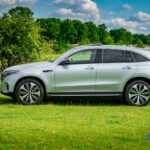Whenever Mercedes-Benz announces a new and unique product, the car industry stops and listens. Understandably so as the German brand was one of the first to come out in the automotive industry and its founder is largely credited for making the first ever automobile. Therefore, with a tradition spreading back to 1886, Mercedes has a lot of pull in the car world.
Last year, the Stuttgart-based giant decided to finally get into the electric car market with a proper, standalone model. And while the EQC might be the only purely electric vehicle Mercedes-Benz is building right now, it’s not exactly the first. Our more car savvy readers might recall the Smart electric cars and also the electric A-Class launched more than a decade ago.
Yet, this will be the first time Mercedes-Benz does this properly and plans to sell such a car by the thousands.
EQ Brand Dedicated To Electrified Cars
The EQC is just the first attempt from a sub-brand of Mercedes-Benz, one that will focus exclusively on EVs. Just like BMW’s i Division or the Mercedes-AMG one, the EQ sub-brand will focus solely on electrified cars. The first one to come out happens to be in the shape of a Crossover with the size of a GLC. And that wasn’t a random pick either.
Look at the sales figures and you’ll soon realize cars of that exact size are best sellers today. The demand for SUVs and crossovers is at an all-time high and there are no signs of slowing down anytime soon. Therefore, making an electric SUV is now a must for every car maker. BMW will bring their own electric SUV to the market this year – the iX3. The Audi E-Tron or the Jaguar i-Pace are some of the other offerings in the segment.
The Mercedes-Benz EQC has some strong headwinds to face, but it also has the right weapons to handle them. Driving down to Mercedes-Benz to pick it up, I was really curious to see whether this will be a similar story to the Porsche Taycan. Alas to see whether this EQC would actually feel like a proper Mercedes-Benz even though it doesn’t have an engine under the hood.
A Familiar Design
From the outside you’ll notice some familiar traits on this car. That’s not by mistake. The EQC is largely based on the same platform as the GLC and it shows. The design is similar in overall shape, but there are key differences between the two. The front-end has a totally different shape, one that carries a huge Mercedes badge on it, flanked by a lot of glossy black for a grille that would probably even put the new 7 Series to shame.
However, even though it’s big, the integration with the front fascia is quite nice. The headlights also have a distinct shape and blue accents on the very top end. An LED bar that goes from side to side completes the package and creates a powerful visual block, especially at night. There are two versions available for the front bumper, the Electric Art choice we had on our tester or the AMG Line one, with larger “air intakes” on the sides. I’m using quotes because they are fake intakes, to help out with the drag coefficient, which is low for an SUV, at just 0.28.
Move to the sides and you’ll notice the roofline is right between the standard GLC and the Coupe version. It is a bit sloping towards the back but I wouldn’t call this a Coupe SUV. There are also running boards on the sides which just get in the way, to be honest, as this SUV is not that high riding. However, according to Mercedes-Benz, they help out with the aerodynamic coefficient so I guess they are welcome. The EQC is also about 4 inches longer than the GLC but just by looking at it without another car to compare it to, you’d be hard pressed to figure that out.
There is a big difference on the rear-end though, where there’s a long LED strip going from taillight to taillight, creating a rather beautiful effect. The rear bumper also has a couple of interesting details on the lower side, which replicate a set of tailpipes.
A Beautifully Shaped Interior
Step inside and the similarities with the GLC simply vanish. The interior is absolutely stunning and has a fresh design, one that’s decorated with all sorts of materials that truly make you feel like you’re in Mercedes. There are some downsides too, like the huge pieces of piano black trims positioned on the center console that, unsurprisingly, creaked. That’s a problem all Mercedes-Benz models below the E-Class seem to have. Other than that, there’s really nothing I could complain about.
Our tester was a special 1886 Edition model which means it came with a certain color combo, mixing black and blue in a very interesting fashion. There was a new material used on the upper side of the door panels as well as on the dash. It felt like some sort of plastic fabric and I later learned it was made of recycled materials. It truly felt nice to the touch, especially the bit on the top of the door panel that reminded me of denim.
In other parts of the car there was what Mercedes calls ‘man-made leather’, which also felt rather nice to the touch, combined with Alcantara and the 1886 stitching on the seats. The vents had rose-gold inserts which could also be found on the doors, while aluminum completed the design on the door cards and went up over the dash, under the windscreen and all the way on the other side, creating a single visual block.
Simply stunning!
The EQC also comes with the latest version of the MBUX infotainment system but in a different scale. The screens come straight from the A-Class, along with all the functionality. Therefore, they are a bit smaller than the ones on the GLE 450. The functions remain the same though and the graphics as well and, apart from a special sub-menu dedicated to the EQ part of the car, everything’s the same.
I really don’t mind having smaller screens inside the car, to be honest, so I did find this refreshing. The EQ menu shows you the battery range, what motor is used at a certain moment and charging times as well as the energy consumption for various intervals. All of it related to the electric character of the car.
A Refreshing Driving Experience
And that electric character was what worried me the most setting off. I was – unjustified as it turned out – worried that the character of the car would be different than a regular Mercedes just because there was no internal combustion engine under the hood. I was wrong.
The EQC uses two electric motors, each good for 150 kW, one for the front axle, one for the rear. While they have the same power output (204 HP) they work differently. The one above the front axle, working the front wheels, is set up to be more efficient, while the one on the rear axle is supposed to offer a sportier feeling.
Basically, the front motor has a less tightly wound stator than the rear one, which has greater torque. Together, they can deliver up to 408 HP and 760 Nm (564 lb-ft) of torque. The latter is delivered, of course, instantly. And that frightened me at first, thinking that this would just be another brutal EV that hurts your neck when setting off. To put things into perspective, the current BMW M8 has a bit less torque than this car and not from the moment the engine/motor starts spinning.
However, Mercedes worked its magic on the EQC because is very well damped and the power delivery was set up to mimic what you would find in a ‘normal’ Mercedes-Benz. Therefore, when accelerating hard from standstill you wouldn’t feel overwhelmed by the torque. Instead you get a feeling that you’re being rushed somewhere but without any sort of panic. It’s all set up to be soothing and well calculated.
Don’t get me wrong, the car is fast, doing 62 mph from standstill in 5 seconds flat, but it never feels brutal when launching. As a matter of fact, it’s more brutal when you mash the go faster pedal while on the move, especially at speeds up to 60 mph.
All that goes to show that this car was set up to be a true Mercedes. But despite the engineers’ greatest efforts, there is an issue at play here: the weight. Some have accused Mercedes of being ‘lazy’ for not developing a bespoke chassis for its first EV and that’s the main reason why the car is so heavy. There are a couple others at play here as well though.
First of all, the 80-kWh battery pack weighs no less than 700 kilos (1,543 lbs) and that’s basically a small car you carry around all the time. The EQC could’ve been lighter, but Mercedes-Benz decided to make it a bit safer instead. For example, there’s about 4 inches of space on each side of the battery, between it and the side sills. That was done on purpose so that there’s a buffer available in case of a crash.
Furthermore, the engineers say the car has steel-tube replicas of the engine block and gearbox housing inside it, to make sure it behaves the same way an internal combustion car would in case of crash. Removing those alone would’ve shaved some 150 kilos. And that’s why the hood doesn’t open and you don’t get a frunk.
Therefore, the car tips the scale at about 2.5 tons. So yeah, it’s pretty heavy. And it feels heavy and massive when you drive it. Even when you close the doors you feel like you’re inside a vault, by the way they sound. Its suspension also works very well and gives you the impression that you’re driving a very comfy tank.
When you set off, you immediately notice that the driving experience is natural and just a tiny bit different than a ‘regular’ car as it lacks the NVH elements. Even so, visibility is great all around and the car is easy to live with. Around town, the bumps and potholes are dealt with impeccably while going a bit faster will reveal its limitations.
There are several driving modes available, from Comfort which is the standard one, to Sport, Individual, Eco or Maximum Range. Sport doesn’t help out that much in dealing with the heft of the car but an interesting mention goes to Maximum Range. Using this mode will make the EQC feel like it’s limping home. As a matter of fact, it makes it feel like you’re in Limp Home mode, if you’ve ever experienced that.
The throttle doesn’t seem to want to respond and you’re dead slow in doing… anything! I definitely wouldn’t recommend it. There’s also an adjustable regenerative braking system, using the paddles on the steering wheel. Using the one on the right eases off the regen braking, allowing you to coast. Using the left side paddle, you can increase the harshness and recuperate more energy. According to Mercedes-Benz, this is where the extra weight of the car comes in handy, as it will generate more energy upon slowing down.
The Driving Range
So how much energy does it require to go around town then? Well, during my time with the car, in heavy city traffic, I saw an average of 27 kWh/100 km covered. That means you could do about 290 kilometers on a single charge. A bit far off from the 400 km claimed by Mercedes-Benz. However, the testing conditions were harsh, with heavy traffic, the AC running all the time, along with the wiper and lights and the tester was on winter tires. As I mentioned before, most of the time, the car will use the front motor alone, the rear one intervening when it’s necessary.
Outside the city limits, the faster you go, the more energy it will need. At average speeds close to 80 km/h (50 mph) I saw the indicator showing 21 kWh/100 km which would get close to the 400 km of range advertised. On the highway, at an average of 77 mph that number went up to 30 kWh/100 km, dropping the range to about 250 km.
Recharging the batteries is yet another important topic. Mercedes-Benz says that the EQC can take in up to 112 kW using a fast charger, which is pretty good and should allow you to recharge the car’s battery pack in under 1 hour. However, you will be depending on the infrastructure. You won’t find such fast chargers just about anywhere.
More common 50 kW CCS stations are easier to find and they will get the job done in about 2 hours. From here on down you can do the math for 11 kW, 7.4 kW or 3.7 kW chargers. If you want to charge this car at home, you’re looking at the 3.7- or 7.4-kW chargers most of the time, the latter requiring a wallbox. Once again, you need to take into account how you’re going to use this car and whether it is right for you.
There’s no sound or vibrations coming inside from the engine bay. Therefore, the atmosphere inside is serene, as one would expect. Only in the EQC things are even better than I expected. This car is even quieter than the Taycan I drove not long ago. Combine the refined suspension, the heavy, solid feel of the car, luxurious and beautiful interior and the utter quietness you get inside and you truly feel like you’re inside a Mercedes-Benz.
The character of the Stuttgart-based company is right there with you. And that, for me, was great news.
Not An AMG-GT, And That’s Okay
Sure, some might say that the EQC is not sporty enough and I agree. The weight of it simply can’t be masked in any way. It’s a heavy car and, even though the weight hangs low, you can still feel it working against you whenever you’re taking turns in rapid succession or changing direction on the fly.
At the same time, nobody really expects the EQC to behave like an AMG GT and I also think the car was set up to be luxurious, comfortable and silent more than anything else. On those three topics, there aren’t many cars that can challenge it today. What the EQC showed me is that the future of electric cars is shaping up rather nicely. Just like in the case of the Taycan, the EQC feels like a product made by the company behind the logo on its boot.
That may very well mean that, while we will be missing internal combustion engines in the future, not all electric cars will be bland, quiet, boring models with nothing to separate them from anything else on the street. It looks like car makers are working extra hard to give their products a personality and that is incredibly good news.

